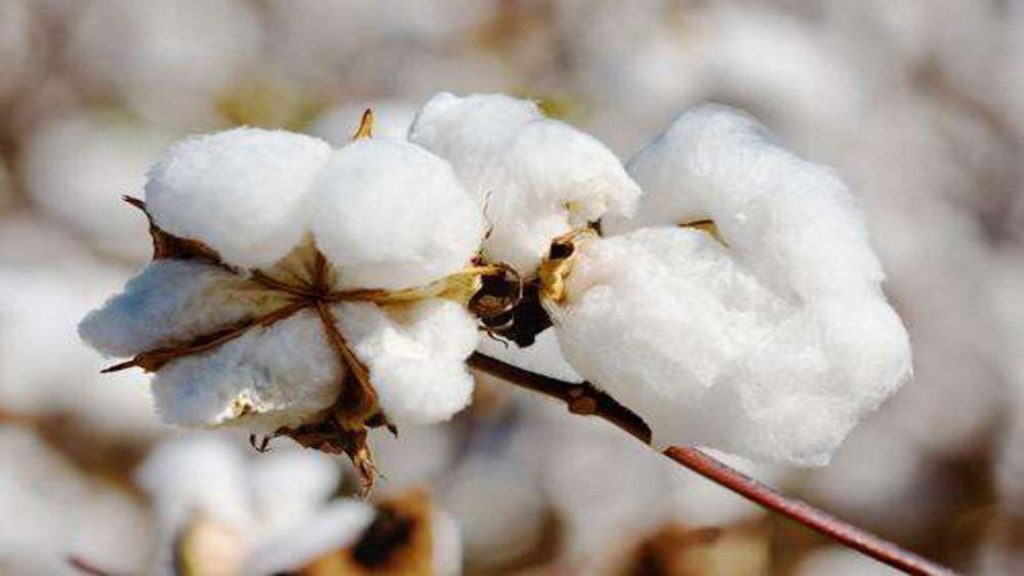(Staff Report):-
Former Governor of State Bank of Pakistan (SBP) Salim Raza said that Pakistan’s agriculture sector has the potential to overcome the current account deficit and balance-of-payment crisis within six years. Speaking at ‘Agri Connections 2023’, organized by the Pakistan Agricultural Coalition (PAC) Raza noted that the agriculture sector must sustainably grow at 6% to achieve the necessary economic growth and job creation.
He added that the agriculture growth rate has remained stagnant over the years, contributing to a trade deficit of $5.5 billion in food and cotton imports in FY22, further widening the current account deficit to $17.4 billion in the same year.
What the former Governor of the central bank and other experts highlighted during the moot needs to be given a serious thought by the Federal Ministry of National Food Security and Research as well as provincial agriculture departments and a workable strategy should be evolved after taking input from other stakeholders.
This is important as the country has fertile land and an extensive irrigation system and we are bestowed with a warm, cold and mild climate in which a number of crops can be grown successfully but despite all this it has to import wheat, pulses, sugar and vegetables frequently at a great expense to the national exchequer. It is a matter of shame that an agrarian country should spend huge eight billion dollars on import of agricultural commodities annually whereas we can not only become self-sufficient but also exporter of all major crops if prudent policies are pursued. Pakistan’s agricultural sector faces numerous challenges such as a lack of access to modern technology, inadequate infrastructure and low levels of education and training among farmers.
These factors have resulted in low agricultural productivity and a decline in the overall growth rate of the sector. A change in approach can make all the difference as highlighted by PAC Chief Executive Arif Nadeem who said seeds could increase cotton production to three times at 21 million bales compared to 7-8 million bales annually at present, whereas Pakistan’s annual needs stand at 15-16 million bales. Similarly, Pakistan loses 12%-13% of wheat yields, which is about $200 million in value, due to a lack of mechanization while about $500 million are the post-harvest losses, which are avoidable. In fact, the agriculture sector has the potential to ensure food security and help avoid default.





